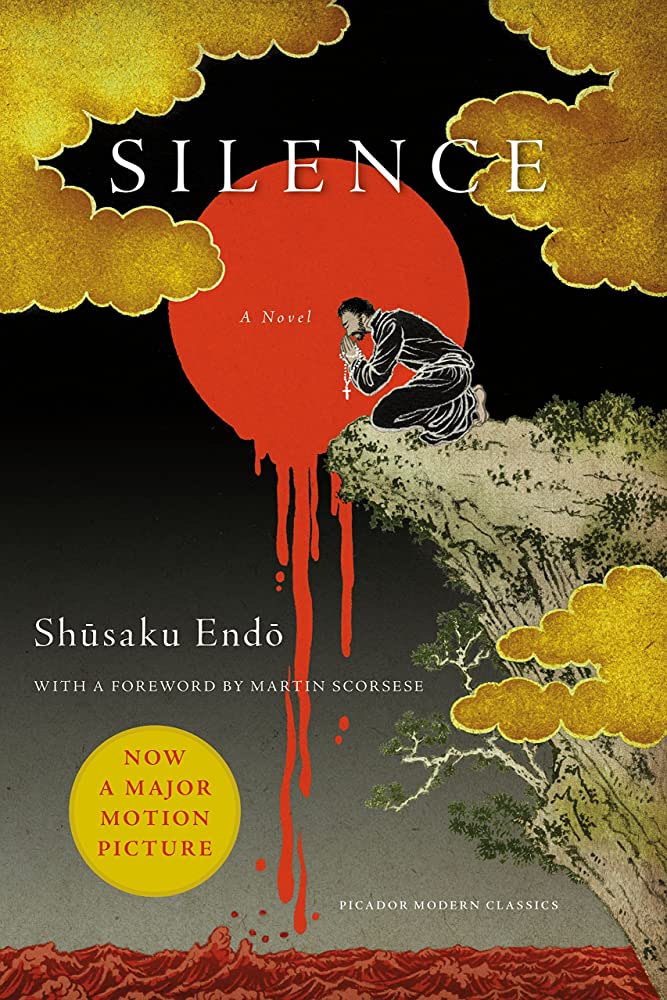Stretching my worldview is a practice I first learned when I was a student at Moody Bible Institute (MBI) back in the mid-80s, and then my graduate studies at Trinity Evangelical Divinity School (TEDS) in the 2010s. I graduated from MBI with a Bachelor of Arts in International Ministries and had anticipated going abroad from the US to serve as a missionary. I was deeply challenged by classes such as cultural anthropology and ethnography, linguistics and language acquisition, cross-cultural engagement, history of the Christian world movement, trans-cultural theological and ethics studies, and more. It is said that one of the things a student learns in school (from elementary to university) is how to learn. Or, more precisely, how to go on learning. We don’t graduate from middle-school, high-school or university, or even graduate and doctoral levels of education and find ourselves done. We have only begun to continue learning.
The same is true of being a Christian! Learning is actually part of the definition of being a Christian disciple. Our English word comes from the Latin word discipulus, which means “pupil, student, follower.” In the New Testament, Jesus called his disciples to “come and follow (δεῦτε) Me,” (Matthew 4:18-21), and then commissioned them to “go make disciples (μαθητεύσατε)” around the world (Matthew 28:19-20). Christians are to be life-long learners, since discipleship is a life-long discipline, and includes the constant and ongoing development of our understanding of God, the Gospel and the world around us. This was one of the most valuable lessons I took away from my education at MBI and TEDS.
If you are a Christian who has never thought about how the context of your faith experience colors your understanding of the Gospel, and how the Gospel shapes and transforms how you think and live, then I encourage you to consider reading outside of your comfort zone.
Last year, in my own ongoing effort to continue stretching my Christian worldview, I read a book that had been on my reading list for a long time. Now, having read it, I commend it to you as as well. Silence, by Shusaku Endo, was made into a film in 2016 by Martin Scorsese. The film is well made, of course, but cannot help but miss some of the important nuances of the book. Skip the movie and read the book. Or at least read the book first.
Endo (1923–1996) was a Japanese author who was a Roman Catholic in 20th century Buddhist Japan. His book, Silence, tells a fictional story based on historical realities about a Jesuit priest who is a missionary to 17th century feudal Japan that has become violently hostile to Christians. Besides the insights that you will glean about Christianity and culture in the story’s context, the authorial context of a 1960s Japanese Christian writer critiquing his home country’s history, culture and religion, and receiving national literary awards for it, is a profoundly significant meta-context to consider as well.
A few books on my future reading list in the endeavor to broaden my Christian worldview include:
- Foolishness to the Greeks: The Gospel and Western Culture, by Lesslie Newbigin, who spent most of his life as a missionary in India, and turned to analysis and critique of the intersection between Christianity and Western Civilization.
- Misreading Scripture with Western Eyes: Removing Cultural Blinders to Better Understand the Bible, by by E. Randolph Richards and Brandon J. O’Brien.
- Africa Bible Commentary, a single-volume commentary on the Bible that is written by 70 African Christian scholars.
- Seeking Allah, Finding Jesus, the autobiography of Nabeel Qureshi and his conversion from Islam to Christian faith through the study of the Koran and the Bible.
- Jesus Through Middle Eastern Eyes, by Kenneth Bailey, an American theologian who spent most of his career teaching in the Middle East.
I have found that when you take the step to read outside of your own cultural context, you will find it refreshing to see how the Bible applies to people in other cultures, as well as how people in other cultures respond to and interpret the Gospel message. It will help you see which parts of your own Christian experience are cultural and which are not. Keep learning, and come closer to Jesus, our Teacher!

